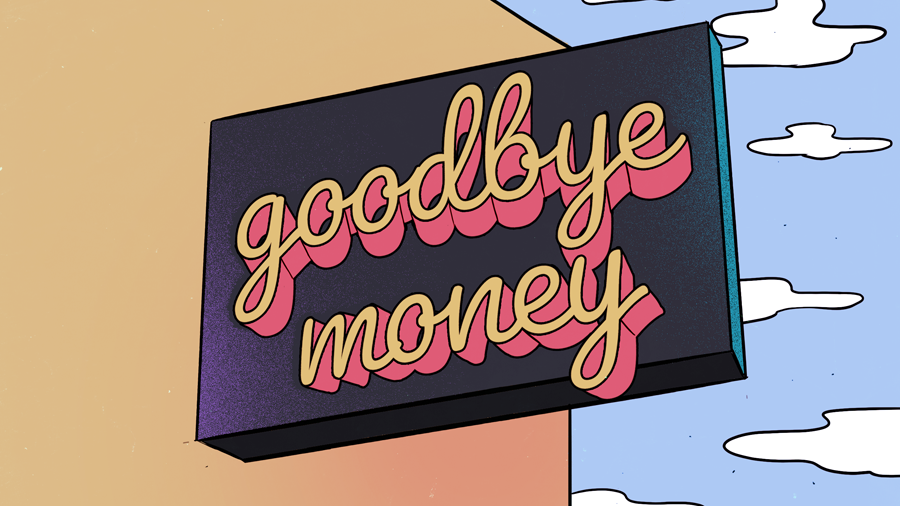The Vision Fund era of the current technology and venture capital boom is over.
According to CNBC, SoftBank’s CEO Masayoshi Son is “considering” changing the focus of the Vision Fund away from startups hellbent on growth to “companies with clearer pathways to profitability and public offerings.”
Profitability and public offerings have been the twin anathema of this decade’s technology bull run. Highly-valued upstarts have pushed profitability off further than their IPO, an event that was itself often delayed in favor of ample private capital. The sort of capital that SoftBank and the Vision Fund have provided in recent years.
The reasons behind this shift aren’t hard to pinpoint (CNBC correctly cites “[t]he failure of WeWork to go public, combined with the lackluster performances of other SoftBank investments, such as Uber and Slack” after their own public offerings). But the impacts of the shift will be dramatic.
It’s important to understand how foundational the Vision Fund made itself to the late-stage market since its launch. Crunchbase News recently reported that SoftBank and its Vision Fund have taken part in rounds worth a huge percent of the global venture capital market, which helps illustrate the point.
Here’s the critical chart from Jason’s piece:

The final three bars in the chart cover the Vision Fund-era of the startup world. As you can see, the Vision Fund stormed out of the gate and began taking part in deals that made up six to seven percent of the global venture market. Add in the rest of SoftBank’s capital crescendo, and the number is on track to break double-digits this year.
Now imagine a more conservative Vision Fund and SoftBank. Imagine them only putting capital into companies that are marching towards profits instead of higher burn; into startups tuning for an IPO instead of expecting another few nine- or ten-figure checks before they might consider going public.
That’s going to be an entirely different world. Under that model, Uber likely wouldn’t have met muster. WeWork would have been out. Wag? No. You get the idea.
And thus, unless CNBC’s reporting of Son’s sentiment is superseded by a mood shift by the man himself, we should see a more conservative, savvy Vision Fund. Which is to say we’ll see an entirely different animal when Vision Fund 2 gets off the ground (provided that it does, of course). And that means that the Vision Fund era, as we know it, is over.
RIP investments into robot pizza companies and unbranded CPG. Say hello, I suppose, to more investments into enterprise SaaS and other, comparatively safer bets.

Stay up to date with recent funding rounds, acquisitions, and more with the Crunchbase Daily.






![Illustration of a guy watering plants with a blocked hose - Global [Dom Guzman]](https://news.crunchbase.com/wp-content/uploads/quarterly-global-3-300x168.jpg)
67.1K Followers